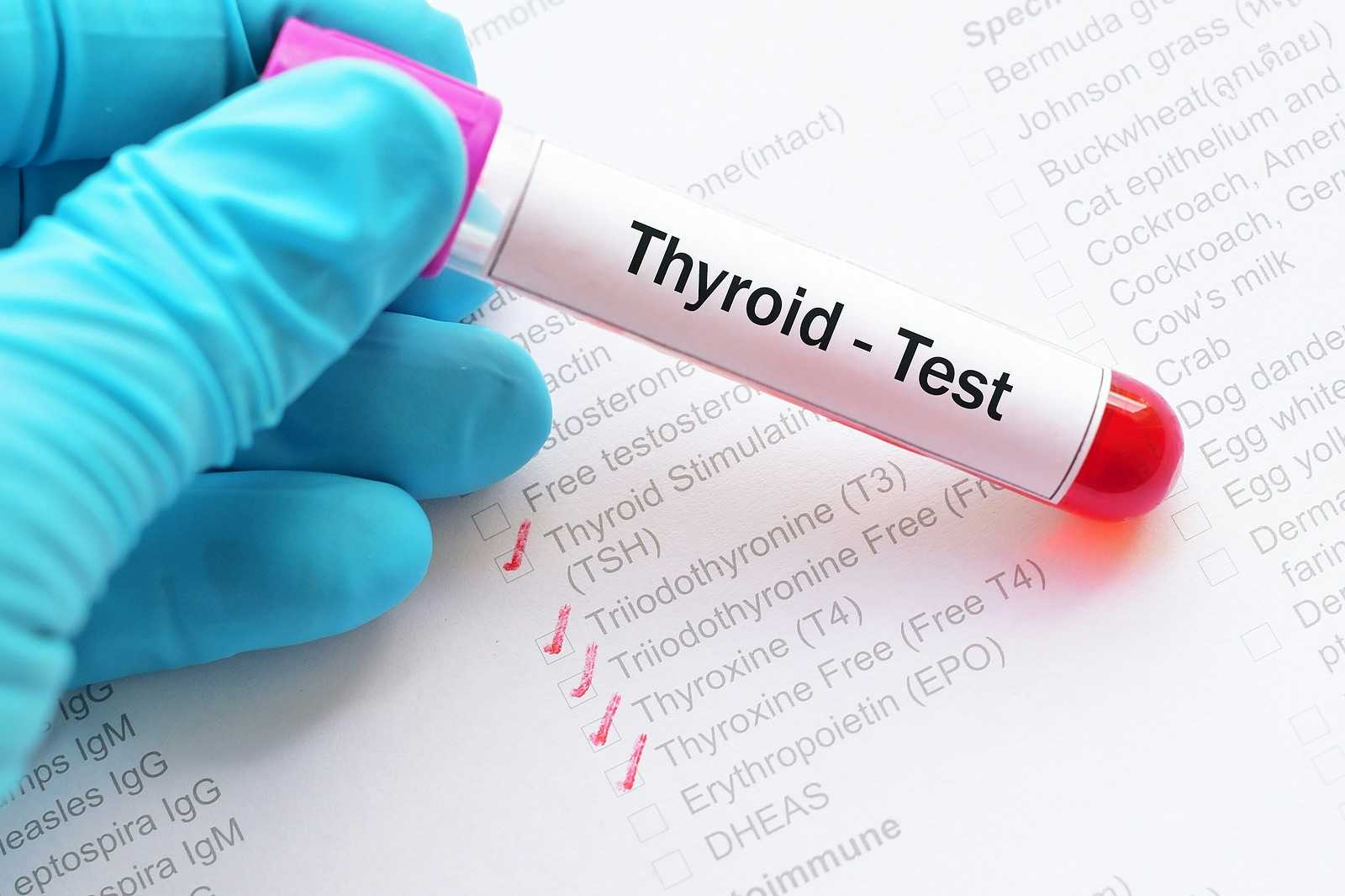
An overactive thyroid gland that pumps out too much thyroid hormone can be extremely uncomfortable or even dangerous. When this condition is caused by the immune system attacking the thyroid gland, it is called Graves’ disease. Complications may include rapid heart rate (palpitations), hand tremors, anxiety, fatigue, weight loss, digestive difficulties such as diarrhea, and eye problems. Graves’ disease may be treated temporarily with thyroid-suppressing medication such as methimazole. If it persists, however, endocrinologists will frequently recommend lasting treatment with surgery or radioactive iodine. Both of these destroy thyroid tissue and result in an underactive thyroid gland that requires supplementation.
The Seesaw Effect: Too Much or Too Little Thyroid Hormone:
This reader was caught on a tightrope between too much or too little thyroid:
Q. I feel like I am walking a tightrope between hyper– and hypothyroidism. When my thyroid went into overdrive, my doctor diagnosed Graves’ disease. I lost a lot of weight, developed a tremor and I had to take metoprolol for my rapid heart rate.
My thyroid doctor prescribed methimazole to calm the thyroid down. Now, I am gaining weight and my heart rate is slow. I have a hard time getting going in the morning, not to mention I can fall asleep for a nap mid-day given half a chance.
Could the medicine be suppressing my thyroid too much?
A. Graves’ disease is an autoimmune condition in which the thyroid gland produces too much hormone. Symptoms can include palpitations, nervousness, fatigue, elevated blood pressure and heart rate, hair thinning, weight loss and insomnia.
Methimazole interferes with the production of both T4 and T3 thyroid hormones. As you have guessed, too much medication could result in inadequate thyroid hormone. The symptoms you are describing of weight gain, slow heart rate and fatigue are typical of hypothyroidism.
Another reader describes a similar situation with Graves’ disease and methimazole:
Q. I have Graves’ disease, a hyperactive thyroid. My doctor and I have been discussing how much thyroid-suppressing methimazole I should be taking. Despite having a T4 value in the normal range, I am sluggish and sleepy, slowly gaining weight and losing hair and always slightly constipated. She thinks this is not a problem; I disagree.
My doctor is urging me to have my thyroid removed. After that, she says, I can lead a lovely, normal life on the synthetic hormone levothyroxine. After reading about all of the problems people experience trying to manage hypothyroidism, I continue to resist her suggestion.
I wish all endocrinologists could experience what it feels like to be both hypo- and hyperthyroid. I don’t think they’d be so dismissive of their patients’ concerns if they knew first-hand how miserable both conditions can be.
A. When the thyroid gland is over- or underactive, people feel awful. Hyperthyroidism can cause anxiety, rapid pulse, insomnia, fatigue and weight loss for starters. Your symptoms are typical of hypothyroidism. That suggests your thyroid may be suppressed too much.
You might want to ask your doctor for a more complete thyroid panel. Adjusting the dose of methimazole you are taking to suppress your thyroid may help you feel better.
To learn more about both conditions, you may wish to read our eGuide to Thyroid Hormones. This online resource provides insight into interpreting test results as well as information on treatment options. You will find it under the Health eGuides tab. Please ask your physician about testing your thyroid hormone levels. Your dose of methimazole might need adjustment.
Can You Overcome Too Little Thyroid Hormone?
Here is a reader who had his thyroid gland zapped. That means his body could no longer make T3 or T4.
Q. I was diagnosed at 16 with hyperthyroidism. My doctor treated it with radioactive iodine, which immediately made me hypothyroid. As I have gotten older, I’ve never been able to get a doctor to adjust my meds to make me feel good. As long as my blood tests are within the normal range, they say everything’s fine. Do you have any information on treating hypothyroidism?
Laboratory Tests for Thyroid Disease:
A. There is some controversy about the normal range for TSH (thyroid stimulating hormone). This compound is produced by the brain to regulate thyroid activity. It is used as the primary measure of thyroid function.
Because it is part of a feedback loop, when TSH is low it means there is lots of thyroid hormone in the system. When TSH is high, it means too little thyroid hormone. The question is how high is high? Sometimes physicians use a cut-off point of 4, but others look for TSH to be much higher before they start treating a patient for hypothyroidism.
In addition, TSH is not the only way to assess how well the thyroid gland is doing. Some doctors also test for T4, T3 and reverse T3. A test for TPO (thyroid peroxidase) antibodies will reveal if a person has Hashimoto’s, an autoimmune thyroid condition. The patient’s clinical symptoms are also important (BMC Endocrine Disorders, April 18, 2019).
What to Do When You Have Too Little Thyroid Hormone:
There is even more controversy over treating hypothyroidism. Many people do just fine on the usual prescription, T4 (levothyroxine). You may know this by the brand names Levothroid, Levoxyl or Synthroid. But others report feeling better if they also get some T3 (triiodothyronine). This may be especially relevant for people like you who have no functioning thyroid gland (European Thyroid Journal, July 2012).
Learn More:
You can learn more about the diagnosis and treatment of hypo- and hyperthyroidism in our eGuide to Thyroid Hormones. You may also wish to listen to our interview with Dr. David Cooper, director of the Thyroid Clinic at Johns Hopkins University. It is Show 1162: How to Treat Common Thyroid Problems.

